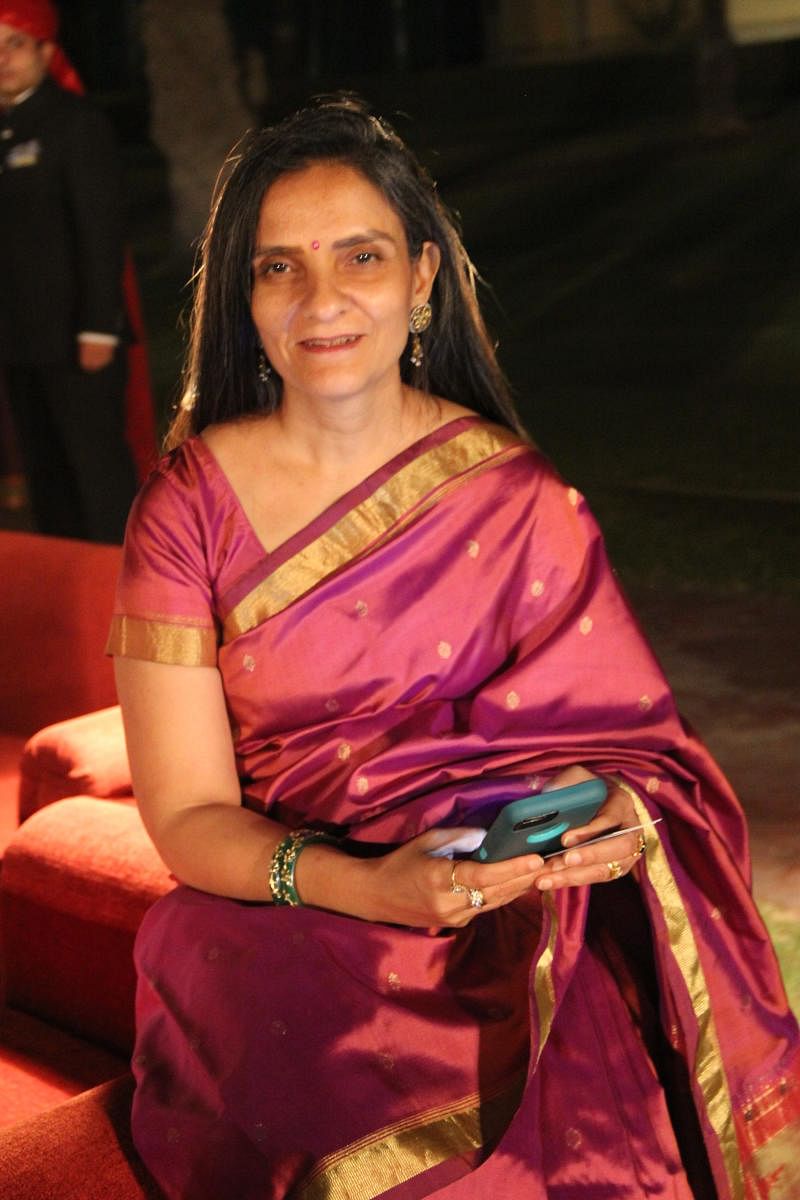
Mita Kapur took over as Literary Director of the JCB Prize for Literature just a few months before the pandemic wrapped itself around the world like a suffocating blanket. However, the author/literary agent/founder of Siyahi went to work quietly behind the scenes. Here she talks of the state of the industry going forward and the need to bring all industry professionals onto one platform. Excerpts from an interview:
You took over as Literary Director of the JCB Prize for Literature just months before the pandemic swept the world, restricting and confining us, changing our lives forever. What was the main challenge that you faced?
For the JCB Prize for Literature, the pandemic meant that the jury couldn’t meet in person even for the very first meeting, and they had to read ebooks of all the submitted manuscripts. The announcements of the longlist, shortlist and the winner all went virtual. All the outreach and marketing plans had to be adapted to go online. The learning curve was steep, but rewarding, and the team worked tirelessly from their homes in different cities to ensure that everything went off smoothly.
The focus to reach out to more people led to the JCB Prize Summer Reading list, with influencers from diverse fields sending in their reading lists. Then, the pandemic heightened inequalities in our society and ‘Pass the Mic’ was born to engage in creating awareness and advocacy-conducive outreach activities. We joined hands with organisations that are doing impactful work, addressing issues pertaining to the pandemic and beyond. Lockdown or not, work carried on as we endeavoured to rewrite and be part of a whole new global narrative.
What direction did both publishing as well as reading take in the virus-ridden months?
There definitely was a period when publishers weren’t signing on new books because of the uncertainty of the pandemic. Now, things are inching back to normal. Fiction still isn’t doing very well, but that may change soon. During the lockdown, readers tended to pick up comfort reads, rereading the classics and books that they loved.
Has there been a drastic change in consumption modes where books are concerned? Has what we lived through and are still living through changed how we read and what we read?
More people seem to have accepted the idea of reading ebooks now. Audiobooks also seem to be gaining favour. I think the pandemic really drove home the fact that literature and art are more than just for leisure; they’re necessary to fully appreciate life and stay sane in difficult times.
Indie bookstores, as we know, were already being battered by the behemoths moving onto their turf. Do you think the pandemic was the last nail in the coffin or do you feel some of them may well bounce back in time?
Unfortunately, we’ve seen many beloved indie bookstores across the country shut down during the pandemic. Others rose to the occasion, moving online quickly after the lockdown was announced.
I do hope indie bookstores bounce back — in a world where choices are endless, it’s amazing to browse through a well-curated selection of books.
The pandemic really drove home the fact that our uncontrolled consumption is hurting the earth and us, and I hope this will encourage people to buy local and support independent businesses.
What is your take on literary meets/author-reader interaction/lit fests all moving online? Does all this digital activity actually result in sales?
I think it would be difficult to quantify the sales resulting from online lit fests, since there’s no one physical store at the fest where people pick up books from. But I think online events really opened up the world of literature. Not everyone could travel to or attend literature festivals; now, sitting at home, they can listen to authors at the Hay Festival one day and at JLF the next day. The online interactions introduced authors to new audiences, who hopefully picked up their books.
Are the deluge of paid-for and outright fake reviews still just a blip on the radar or are they a real problem?
People are more aware now. They understand that reviews may not always reflect the truth, and I hope they check a couple of sources before making an informed decision. That said, it is easy for things to get blown out of proportion on the internet, and one fake review, strategically placed, may go viral over the many genuine reviews out there.
Has publishing bounced back or, at the least, on the road to recovery?
It will take some time for the industry to fully recover, but everyone from the publishing industry, be it the editor/printer/ distributor, is coming together and working hard to ensure that the scenario improves. A lot also depends on readers, and I hope people will continue to buy books and support the writers they love.